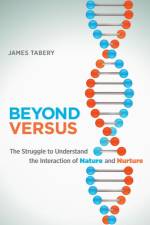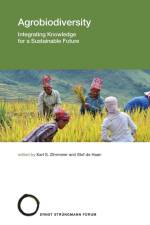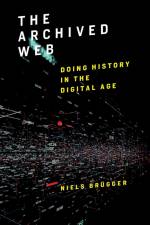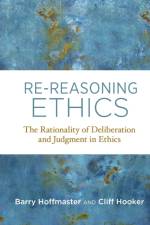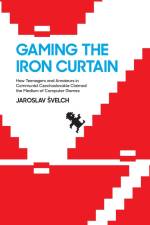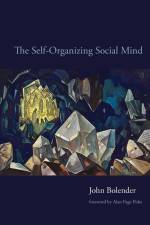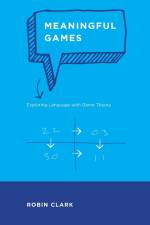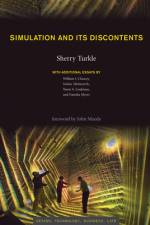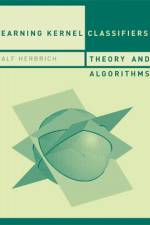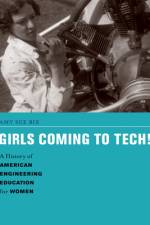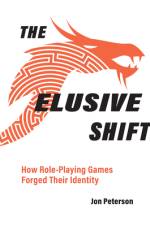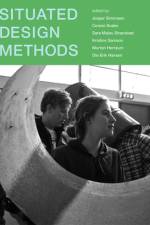av Karl S. Zimmerer
745,-
Experts discuss the challenges faced in agrobiodiversity and conservation, integrating disciplines that range from plant and biological sciences to economics and political science.Wide-ranging environmental phenomena—including climate change, extreme weather events, and soil and water availability—combine with such socioeconomic factors as food policies, dietary preferences, and market forces to affect agriculture and food production systems on local, national, and global scales. The increasing simplification of food systems, the continuing decline of plant species, and the ongoing spread of pests and disease threaten biodiversity in agriculture as well as the sustainability of food resources. Complicating the situation further, the multiple systems involved—cultural, economic, environmental, institutional, and technological—are driven by human decision making, which is inevitably informed by diverse knowledge systems. The interactions and linkages that emerge necessitate an integrated assessment if we are to make progress toward sustainable agriculture and food systems.This volume in the Strüngmann Forum Reports series offers insights into the challenges faced in agrobiodiversity and sustainability and proposes an integrative framework to guide future research, scholarship, policy, and practice. The contributors offer perspectives from a range of disciplines, including plant and biological sciences, food systems and nutrition, ecology, economics, plant and animal breeding, anthropology, political science, geography, law, and sociology. Topics covered include evolutionary ecology, food and human health, the governance of agrobiodiversity, and the interactions between agrobiodiversity and climate and demographic change.


